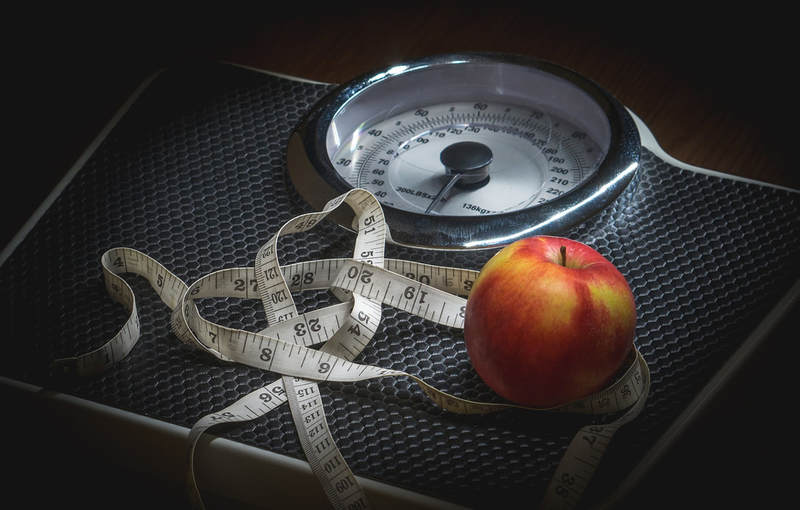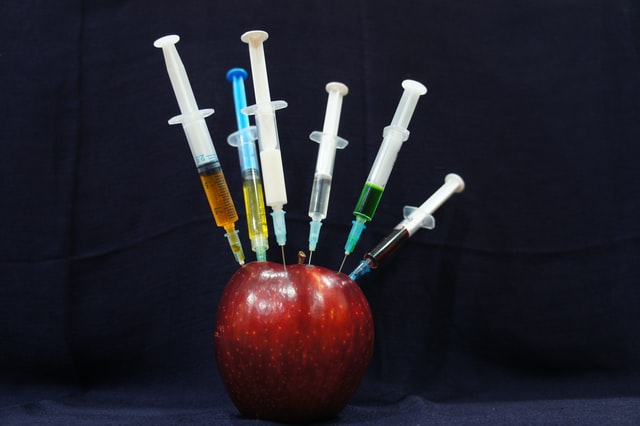Medical Student Well-being: Insights and Solutions
A recent study from Nature analyzed medical student’s well-being to determine causes of distress and possible solutions. Medical students often experience stress, burnout, and other indicators of distress which negatively affects their health. Researchers have linked these indicators to many factors such as low test scores and mistreatment from faculty. However, there are proposed solutions such as implementing pass/no-pass classes, increasing social interaction, and reducing unnecessary information in courses.
Researchers identify individuals who are mentally and physically well as optimal functioning, capable of completing daily tasks without difficulty. They have an active social life and care for themselves physically and emotionally. In addition, well-being can be assessed by looking at distressors, such as self-harm and substance abuse.
They point to medical students being disproportionately unwell. For example, the article points out that 27% of medical students show signs of clinical depression. This may be due to a variety of factors such as imposter syndrome or perfectionism, which medical schools promote. The study further notes that these mental health issues can present as burnout and substance abuse. Poor mental health may lead to worse academic performance and perpetuates self-destructive behaviors.
Researchers identify individuals who are mentally and physically well as optimal functioning, capable of completing daily tasks without difficulty. They have an active social life and care for themselves physically and emotionally. In addition, well-being can be assessed by looking at distressors, such as self-harm and substance abuse.
They point to medical students being disproportionately unwell. For example, the article points out that 27% of medical students show signs of clinical depression. This may be due to a variety of factors such as imposter syndrome or perfectionism, which medical schools promote. The study further notes that these mental health issues can present as burnout and substance abuse. Poor mental health may lead to worse academic performance and perpetuates self-destructive behaviors.
Image Source: Edward Eyer
The study asserts that the first step to help students' health is to establish wellness committees. These committees consist of faculty acting as a liaison between the students and administration, decreasing the student’s fear of punishment for speaking up about their mental health.
Establishing pass/no-pass courses instead of a five-level grading scheme (A, B, C, etc.) has improved student’s well-being. This alternative grading scheme decreases the pressure to get an A in a class. Often, this academic pressure can result in a lack of motivation and burnout. The study shows that students who took pass/no-pass courses reported to be happier. Moreover, the following year, those students felt better prepared when they took classes with the traditional grading scheme. In addition, residents who took pass/no-pass classes during medical school performed similarly to those who did not. However, note that the pass/no-pass classes did not decrease test anxiety for the United States Medical Examination Licensing Exam.
Having a social life outside of school also improved the mental health of medical students. The study provides examples of enjoyable hobbies or meeting with friends outside of school hours. Even studying with other people can help alleviate pressure and create a space to talk about their mental health issues.
In conclusion, the researchers highlight medical school stressors and the mental health difficulties medical students face. The ideas to form wellness committees, switch classes to pass/no-pass grading, and promote social connections are practical ways to help students. If these changes are made, medical schools can create a better and more supportive learning environment for future doctors.
Establishing pass/no-pass courses instead of a five-level grading scheme (A, B, C, etc.) has improved student’s well-being. This alternative grading scheme decreases the pressure to get an A in a class. Often, this academic pressure can result in a lack of motivation and burnout. The study shows that students who took pass/no-pass courses reported to be happier. Moreover, the following year, those students felt better prepared when they took classes with the traditional grading scheme. In addition, residents who took pass/no-pass classes during medical school performed similarly to those who did not. However, note that the pass/no-pass classes did not decrease test anxiety for the United States Medical Examination Licensing Exam.
Having a social life outside of school also improved the mental health of medical students. The study provides examples of enjoyable hobbies or meeting with friends outside of school hours. Even studying with other people can help alleviate pressure and create a space to talk about their mental health issues.
In conclusion, the researchers highlight medical school stressors and the mental health difficulties medical students face. The ideas to form wellness committees, switch classes to pass/no-pass grading, and promote social connections are practical ways to help students. If these changes are made, medical schools can create a better and more supportive learning environment for future doctors.
Featured Image Source: StockSnap
RELATED ARTICLES
|
Vertical Divider
|
Vertical Divider
|
Vertical Divider
|






